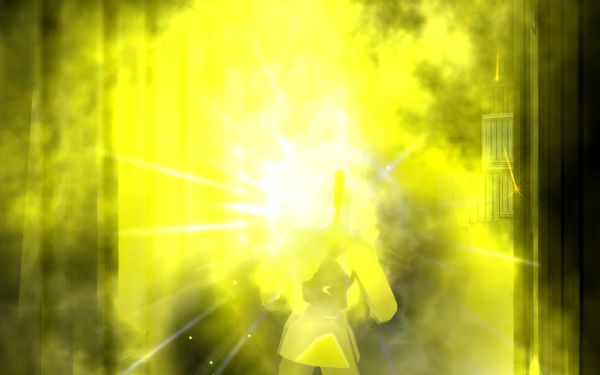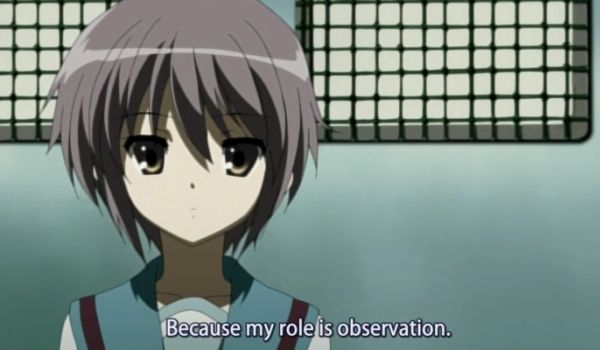Madness is not the only danger in books. There is also the danger that something may be understood that can never be forgotten.
Having finished The Torah for Dummies, I’ve started on How to Read a Book by Mortimer Adler (who wrote the original) and Charles van Doren.
One of the very first concepts introduced – before I even got one Kindle dot into the book – is the difference between reading for information and reading for understanding. This is something I have written about before, as I have been introduced to the subject by the Catholic scholar A. G. Sertillanges, and before that more briefly by Ryuho Okawa, founder of Happy Science. Apart from them, and a reference to Sertillanges statement on the blog One Cosmos, I don’t think I have seen or heard this anywhere. Or if I did, it was well before I was ready for it, for no trace remains.
When I wrote about this myself a while ago, I compared the first to someone filling a container with a liquid, for instance pouring juice into a glass. The second sort however expands the container, for instance making the glass taller so it can hold more juice. The first is ordinary, the second is miraculous. But then, we are humans so miracles are not uncommon. At least not for those who wake up to the divine heritage, so to speak.
What Mortimer Adler writes about here seems actually to be an intermediate level of mind change, perhaps. The first change is just in the content of the mind, and the third change in its size. But to introduce another metaphor, you could say that reading for understanding puts more tools in your toolbox. I would say that expanding the capacity of the toolbox itself is yet another level, but let that rest for now. I think his brief introduction simply combines these advanced forms of reading (or listening, on some occasions).
His point is that if you understand perfectly what the author says, your mind and the author’s mind are of the same mold. You don’t understand more afterwards, you just know more. This is not the same thing! You need some knowledge to understand, but you don’t understand better infinitely as you pour on more knowledge. Past a certain point there is no noticeable gain in understanding by adding more and more examples.
When you don’t understand a book (but it presumably is understandable, which can not be taken for given in these days with self-publishing), you need to put more work into it. You can ask someone else to explain it, or read a book that explains it, but if they do so too well you still have not understood the original. When you by your own effort understands a book you did not, you have acquired new understanding. Your mind has leveled up, so to speak: You have a new way of thinking or seeing things that you did not have before. This is a pretty awesome thing to have happen to you.
(Also, this is mostly why I write these days. You have Google right there, you can know anything on Earth. What I want is to give you a glimpse of a different and hopefully higher perspective, another angle, a new dimension. The wonder and the glory and the stars in the sky. Still very much a work in progress, obviously.)
Mortimer Adler stresses that the author needs to have superior understanding compared to you. That is certainly true in a limited sense, namely within the context of the book. However, for the “mid-level” (one more tool in the toolbox) reading, you may well be the superior in a broader sense. Let me show this by an example:
If I were to write a book about the Norwegian language, I would be superior to most of my readers. I am, at the very least, a master of my mother tongue New Norwegian, the western and rural version of Norwegian, to the point that I feel confident mainly poets and highly trained academics can wield it better than I. However, the reader of my hypothetical book may be a world renowned linguist, fluent in more than a dozen languages from different language families and written in different scripts. By any sensible third party this reader would be my superior and have a vastly deeper understanding than I. Just not in the topic at hand.
This is just an example. What I really mean is that a person does not need to be a higher spirit, so to speak – a greater genius – simply in order to have an understanding you don’t. This is what I mean by saying that such learning adds to your toolbox.
In contrast to this, there is a third level. This is the one Sertillanges and Okawa writes about, the High Spirit, the Genius. What they do is open up our very capacity for new understanding. They add new dimensions to the container. You may have been fascinated by teachings that you found could make your glass taller, but you had no idea that it could also increase in radius. Then suddenly you see this, and everything changes. Nothing can quite become the same again.
So what M. Adler writes about is indeed reading for understanding, as opposed to just reading for information. But what I speak of in the last few lines is to read for revelation. And usually this does not even happen, but rather one just reads and the revelation presents itself. When the student is ready, and not before. Still, some places you are more likely to meet it than others.










